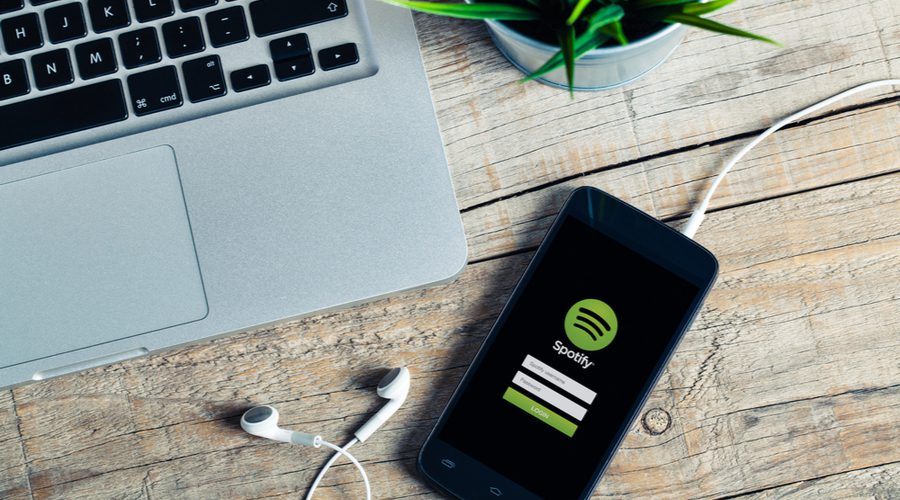Spotify has become a publicly listed company, after launching an unorthodox initial public offering on the New York Stock Exchange (NYSE), which won’t actually see the firm raise new money.
Shares in the company ended up 12.9 percent on their first day of trade, valuing the world’s largest streaming music service at $26.5 billion.
This initial successes could mark a sea change in how companies list in the future, perhaps without relying on the aid of Wall Street underwriters.
Usually, businesses looking to IPO will sell new shares to institutional investors before the first day of trading. Instead, Spotify is allowing its existing shareholders to directly sell their holdings to the stock market.
This acts as a test case for other companies tempted to list directly, and could hit bankers as they lose out on millions of dollars in underwriting fees....

